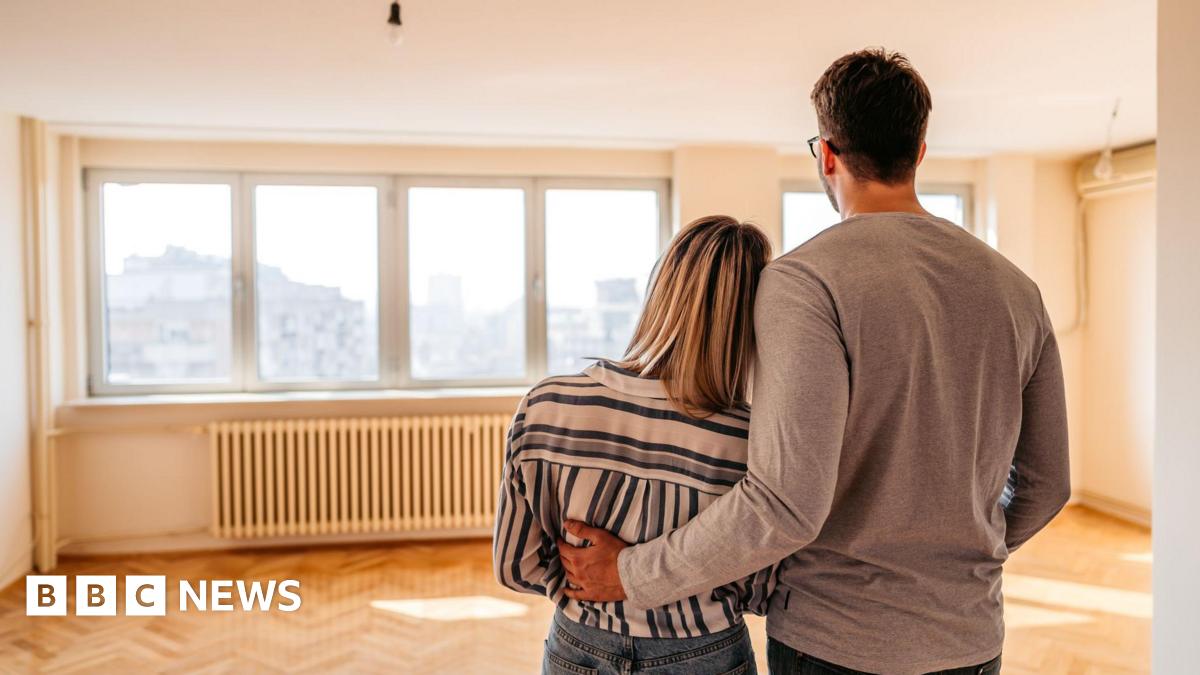Thinking of letting my second home out or selling due to marriage and moving house to our lasses (she owns hers I own mine currently we're not named on each others mortgages and don't contribute to each others mortgages)
So first question, how long do I have to sell the property before cgt if I decide to sell?
Second question, how much tax do I actually pay on rent? Do I pay tax on the full amount I charge so say charging 500 all in rent wise or do I pay tax on the money I earn after I take away my btl mortgage cost of 340 which gives me a plus 160?
So first question, how long do I have to sell the property before cgt if I decide to sell?
Second question, how much tax do I actually pay on rent? Do I pay tax on the full amount I charge so say charging 500 all in rent wise or do I pay tax on the money I earn after I take away my btl mortgage cost of 340 which gives me a plus 160?




